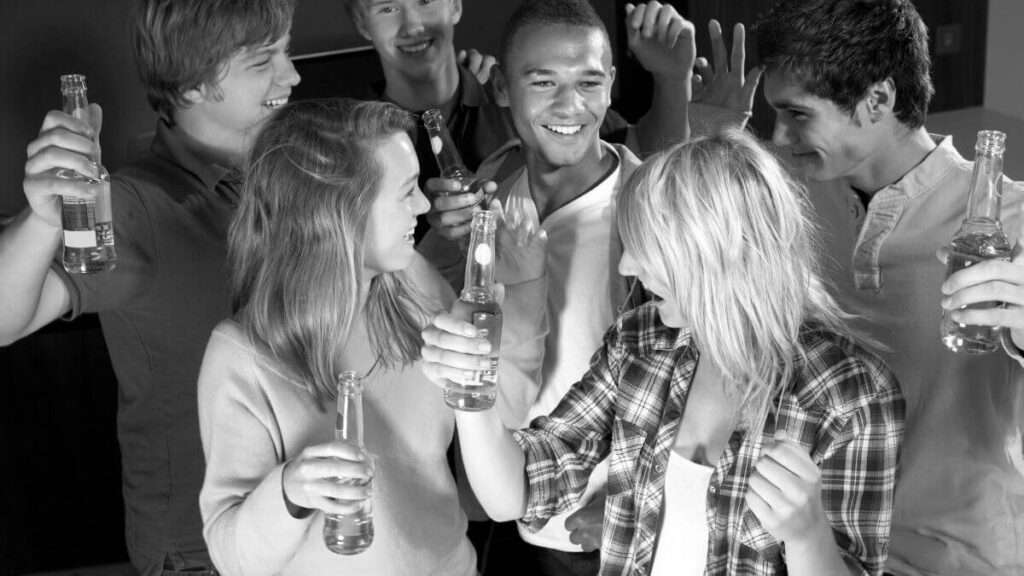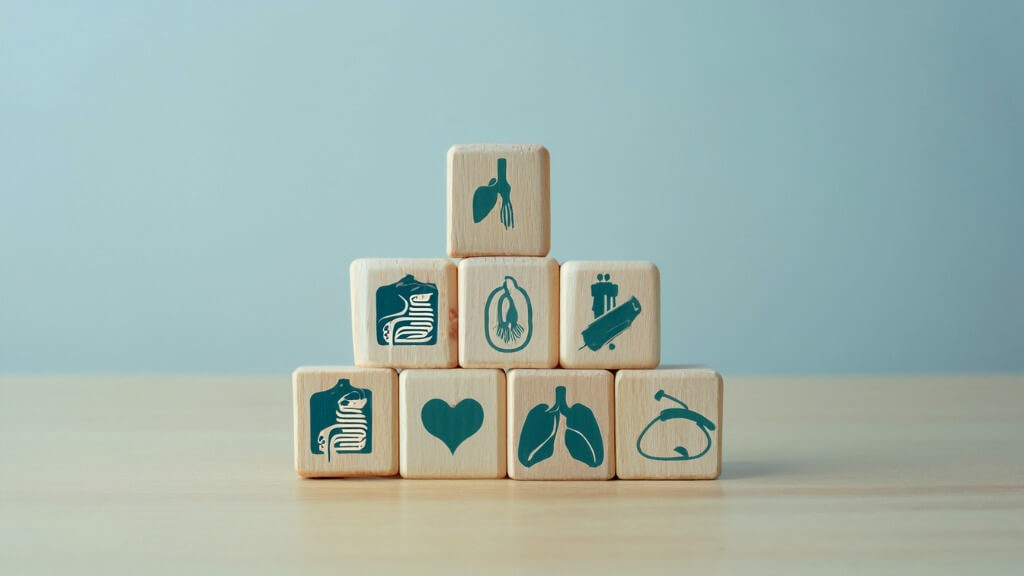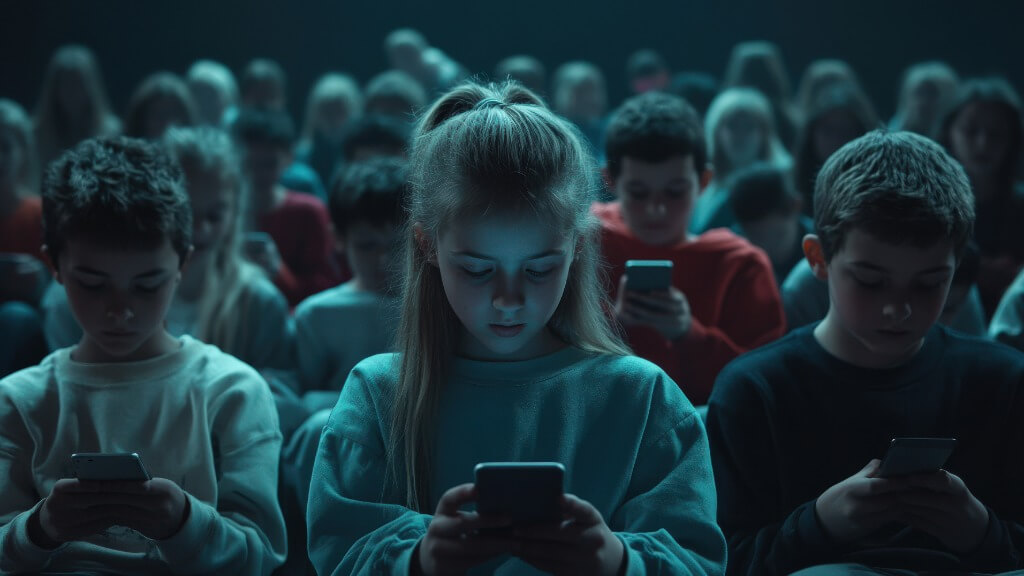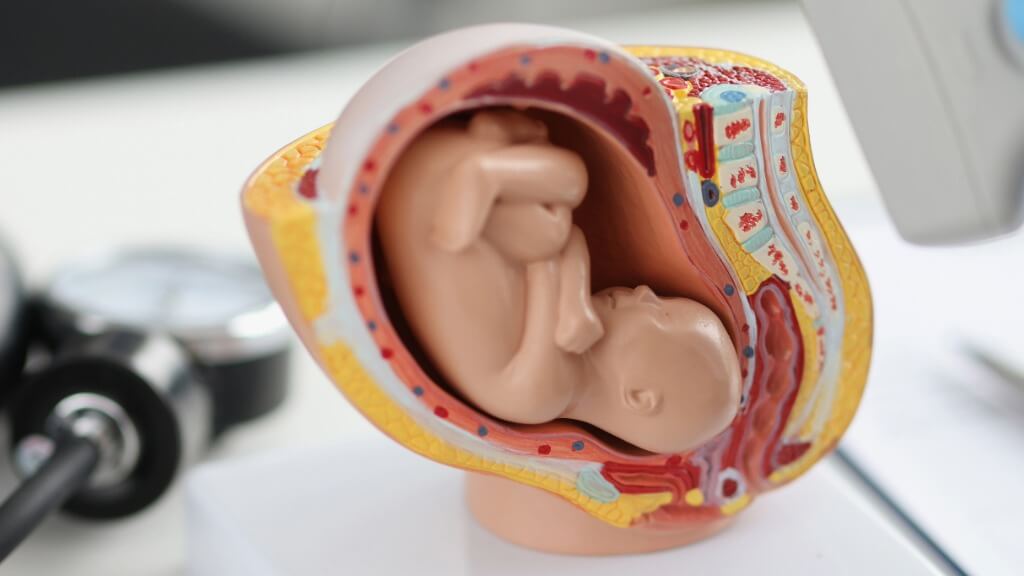Gen Z has become notorious for the harmful trends that they copy on social media. Examples include the popularisation of various unhealthy lifestyles such as vaping, extreme diet and health fads, OnlyFans accounts, and more. Generation Z roughly spans those born from around 1995 to 2010, meaning today we are aged 13 through to 29.1 The world’s young people, we are the last generation to have experienced any childhood without heavy use of technology. We are heavy Instagram and TikTok users, and are heavily influenced by other peers who have ‘influencer’ status.
Thankfully, not all the trends Gen Z jump on are harmful. Some research is suggesting that there is a growing movement towards sobriety. One of the encouraging trends taking place in my generation, is there are increasing numbers of Gen Zers who are choosing alternatives to alcohol.
It is widely known that young people and alcohol don’t tend to mix well. In a Family First research article published in 2011, it is stated that “Ideally young people should not consume any alcohol at all until they have reached at least the age of 24.5 years.” The research asserts that alcohol has adverse effects on memory, learning, fertility, impulse control, and, in short, that “Alcohol is now considered more harmful than all popular illegal substances.” 2
Last year, a new study found that even moderate drinking can increase the risk of death among those of all ages. An author of the study, Tim Naimi, affirmed, “The bottom-line message is that in terms of health, less alcohol is better.” 3 With today’s young people being chronically online and therefore up to date with the latest news and trends, could this message of alcohol’s negative consequences be having an impact on our drinking habits when we go out with our friends?
As greater awareness is raised surrounding the harm alcohol can cause, it is encouraging that Gen Z, who are constantly saturated in media, are jumping on the sobriety trend. An article from the Daily Mail published on 3 January 2023 shared that the number of Gen Z abstaining from alcohol is rapidly increasing from year to year. “Portman Group said the number of young adults calling themselves non-drinkers was 25 per cent in 2020, rising to 30 per cent in 2021, then 27 per cent in 2022. It is now 39 per cent.” 4 The article notes that only 24% of over-55s say they do not drink alcohol. With two in five under-25s saying they do not drink, there are a number of social factors playing into this decrease in alcohol use.
An opinion piece from The Washington Post shared that many young people are finding it difficult when expressing their choices surrounding sobriety to those around them, especially to those who are older such as bosses.5 Because university can be a place where a large amount of alcohol is consumed, it has been normalised to drink frequently in professional settings. However, the tide is turning. Peer pressure has a lot to do with drinking and as less and less young people are turning to alcohol, they are influencing their friends to do the same.
Another positive trend is that some younger celebrities are beginning to share the benefits for going alcohol-free. Most notably, 27-year-old English actor Tom Holland shared on a podcast last year that he had gone sober. He revealed that after a “boozy December” he wanted to try dry January but found it harder than he’d expected. After challenging himself not to drink until his birthday in June, Holland decided to continue his sobriety. The Hollywood Reporter quotes Holland as saying he felt the “happiest I’ve ever been in my life. I could sleep better. I could handle problems better. Things that would go wrong on set that would normally set me off, I could take in my stride. I had such better mental clarity. I felt healthier, I felt fitter…” After a year and a half of abstaining from alcohol, Holland says it has been the “best thing” 6 he’s done. As an influential and well-liked celebrity among Gen Z, most famous for his role as Spiderman in the MCU, his testimony has likely had an impact on his fans.
Because of this move away from alcoholic beverages, bars and restaurants are increasingly offering “mocktails”—non-alcoholic drinks made to look and taste similar to cocktails. With the addition of alternatives that look similar to alcoholic drinks, more and more young people are feeling confident in social situations to abstain from alcohol. Peer pressure is potentially not as much of an issue when no one can tell if your drink contains alcohol. According to Dame Magazine, “Younger generations have turned a century of Big Alcohol marketing on its head: Sometimes drinking “responsibly” means not drinking at all.” 7 Young people are seeing that alcohol is not necessary to have fun and in fact, it is more enjoyable to remember the experiences with friends and stay fully in control of themselves rather than wake up hungover and unaware of their actions the night before.
With that being said, according to some sources there is simultaneously an unfortunate move towards psychedelic drug use. According to The Guardian, “a 2015 study found a spike in young people using ecstasy and LSD and, overall, those in this age group were the most likely to use drugs.8 Despite Gen Z’s claim to be more ‘wellness-focussed’, young people today may be experimenting with hallucinogens more than previous generations. Hopefully this is short-lasting as the negative effects of taking drugs such as LSD (acid) or MDMA (Ecstasy) become more apparent to users.
The downward trend among the generations in terms of alcohol use is a positive one. With less young people drinking, less dangerous drinking and alcohol-related harm is likely to occur. Not only is it a positive change for society, it is beneficial for Gen Z as more of our 20s will be remembered and enjoyed, instead of getting drunk, forgetting, losing control and suffering hangovers. Hopefully the downward trend continues, and more of my generation adopt a better approach to consuming alcohol and enjoying the safe alternatives.
1 The exact years Gen Z starts and ends are contested: some sources state from 1997 onwards, and some also state up to 2013. As a general rule, Gen Z are those parented by Gen X, while Generation Alpha are parented by Millennials/Gen Y.
2 https://familyfirst.org.nz/wp-content/uploads/2021/03/FULL-REPORT-high-res.pdf
3 https://www.washingtonpost.com/wellness/2023/03/31/moderate-drinking-alcohol-wine-risks/
4 https://www.dailymail.co.uk/news/article-12920321/Young-people-giv-booze-non-drinkers.html
5 https://www.washingtonpost.com/opinions/2023/11/16/post-grad-sobriety/
Olivia Boyd is our Gen-Z guest writer who is very passionate about supporting the pro-life movement and ending human trafficking. She has an interest in human rights and social psychology. Previously Olivia had been contributing articles to Family First as part of her Duke of Edinburgh award.




